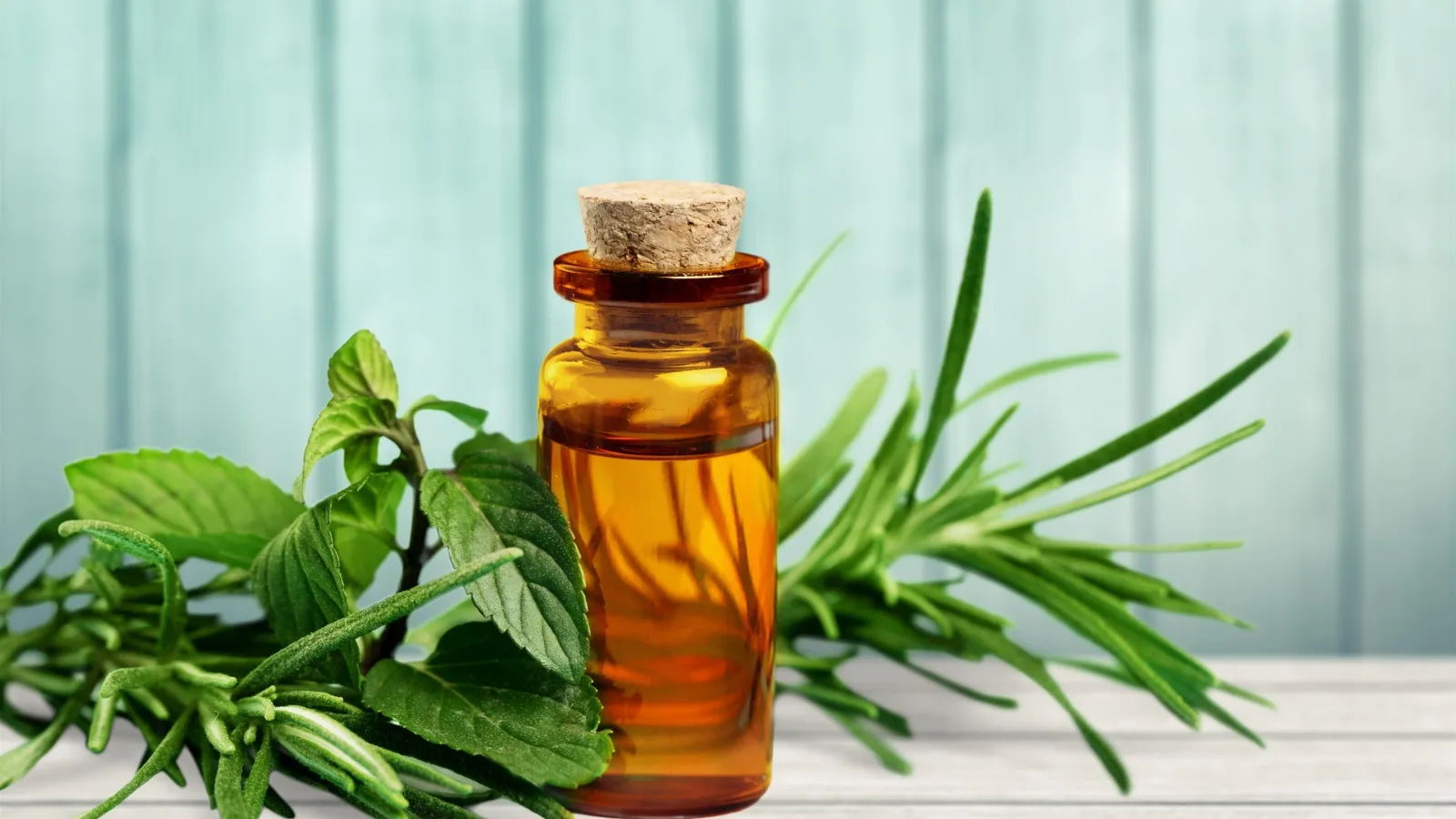Tea tree oil is versatile in its medicinal applications, but it truly shines in the realm of beauty. When used for hair care, tea tree oil offers numerous benefits for both the scalp and strands. It surpasses its reputation as a refreshing household scent or acne remedy, serving as one of the top hair oils for a variety of hair types and textures.
According to Marisa Garshick, M.D., a well-respected board-certified dermatologist at Manhattan Dermatology and Cosmetic Surgery in NYC, tea tree oil boasts both antibacterial and antifungal properties. These qualities make it an effective treatment for various scalp issues and contribute to the overall health of hair and scalp.
Experts will provide insight into the advantages of using tea tree oil for hair growth, as well as tips on proper application, any potential adverse reactions, and additional information.
Benefits of tea tree oil for hair
According to experts, tea tree oil has several hair benefits that you may observe, including:
Boosts overall scalp health
To maintain healthy hair, it’s important to take care of your scalp since that’s where your hair grows from. Dr. Janiene Luke, a board-certified dermatologist in Loma Linda, CA, explains that tea tree oil is effective in promoting scalp health due to its antimicrobial, antifungal, and anti-inflammatory properties.
May help with hair growth
Tea tree oil can aid in promoting hair growth through its herbal properties. It does not directly induce new hair growth, but by enhancing the health of the scalp, it can create a suitable environment for hair to flourish, according to Dr. Garshick. As a result, including tea tree oil in your hair care regimen can prove beneficial.
Fights dandruff
The presence of Malassezia spp., a type of yeast, typically leads to the development of dandruff and an itchy scalp. Fortunately, tea tree oil has been found to effectively combat this yeast and reduce the accompanying symptoms of inflammation, redness, flaking, and itching. This discovery was confirmed by Dr. Luke and applies to those who suffer from dandruff or seborrheic dermatitis.
Helps regulate oil production
Using tea tree oil or products infused with tea tree oil can help individuals with excessively oily scalps to regulate oil production and prolong the duration between wash days, according to Sabrina Ahmed, Garnier’s specialist in curls.
Calms irritation
According to Ahmed, tea tree oil can be a valuable addition for individuals who face discomfort due to scalp irritation, inflammation, or itchiness. This essential oil contains anti-inflammatory properties that can soothe an inflamed scalp when used appropriately.
Refreshes the hair and scalp
Ahmed also points out another advantage of tea tree oil, which is its ability to refresh and revitalize hair, leaving behind a pleasant scent. This benefit should not be disregarded.
Tea tree oil hair type considerations
Ahmed clarifies that while not all hair products or ingredients are universally suitable, tea tree oil stands apart as a versatile option that can be used by anyone regardless of their hair type.
For individuals with specific hair or skin concerns, it may be necessary to take a different approach to using tea tree oil. Although it is commonly utilized for maintaining scalp health, Dr. Luke advises those with delicate skin or scalp to exercise prudence when introducing the oil into their regimen. He suggests performing a patch test on a small area prior to application on the entire scalp or limiting usage to a few days per week.
According to Dr. Luke, individuals with dry, curly, or textured hair should consider choosing a hair product that contains both moisturizing ingredients and tea tree oil. This is due to the fact that these hair types are prone to dryness and can benefit from the added hydration provided by moisturizing ingredients.
How to use tea tree oil for hair
According to experts, to utilize tea tree oil for hair in the most effective way possible, there are several methods to consider. As the essential oil is incredibly potent in its pure form, it is advisable to dilute it with other products or opt for pre-formulated hair care products that contain tea tree oil to minimize the risk of irritation.
Mix your own scalp oil
For a DIY solution, combine a small amount of tea tree oil with a carrier oil such as castor or coconut oil. Massage the mixture onto your scalp, which will boost circulation and let it sit for a few minutes before rinsing with your preferred shampoo, as suggested by Ahmed.
Add it to your shampoo
Tea tree oil can be found in various shampoos, however, Dr. Garshick suggests creating your own blend by adding 10-15 drops of essential oil to your current shampoo. When showering, apply the mixture to your hair and let it sit for three to five minutes before washing it out and using conditioner.
Use products formulated with tea tree oil
To mitigate the risk of allergic reactions or scalp irritation, Dr. Luke advises opting for hair products containing tea tree oil such as shampoos, conditioners, masks, and scalp treatments. This enables individuals with sensitive scalps to benefit from the therapeutic properties of tea tree oil.
| Image | Product | Price |
|---|---|---|
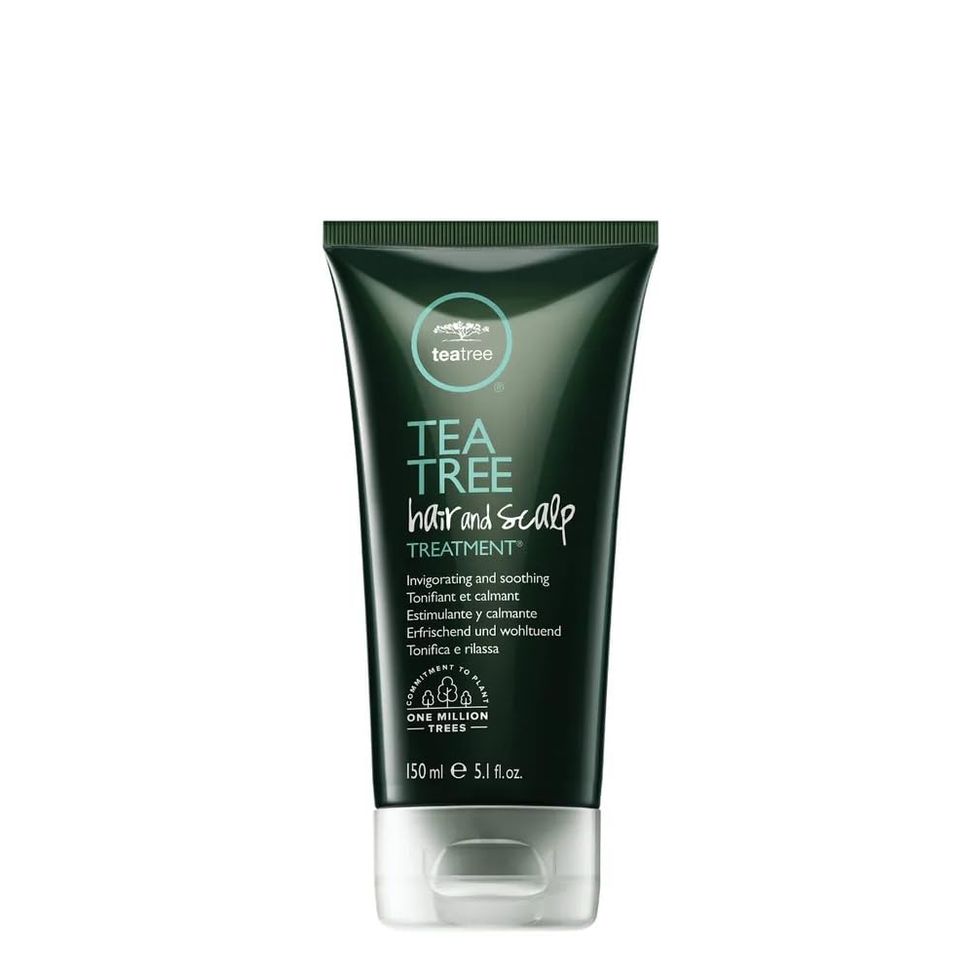 | Paul Mitchell Tea Tree Hair and Scalp Treatment | Price |
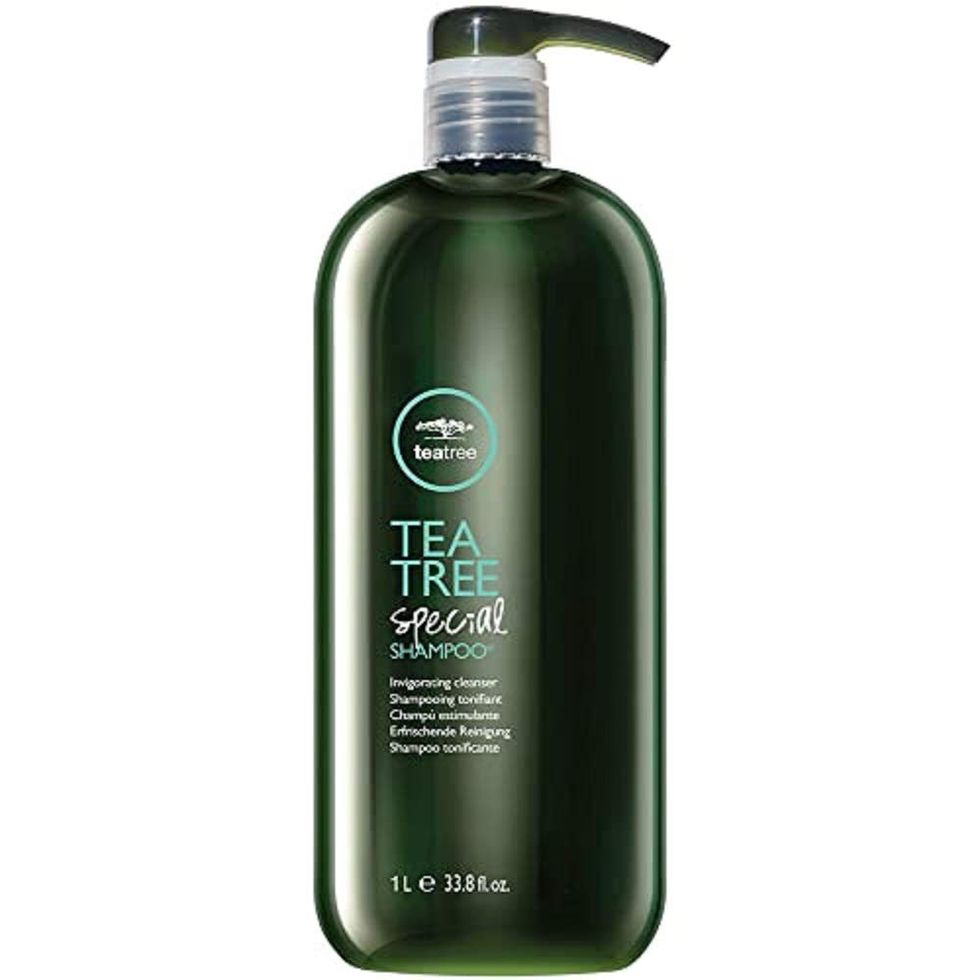 | Paul Mitchell Tea Tree Special Shampoo | Price |
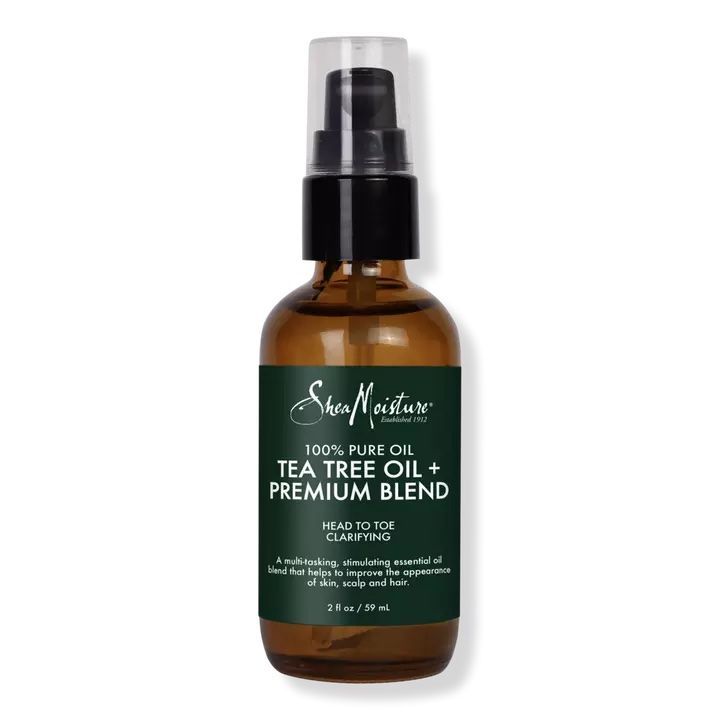 | Price | |
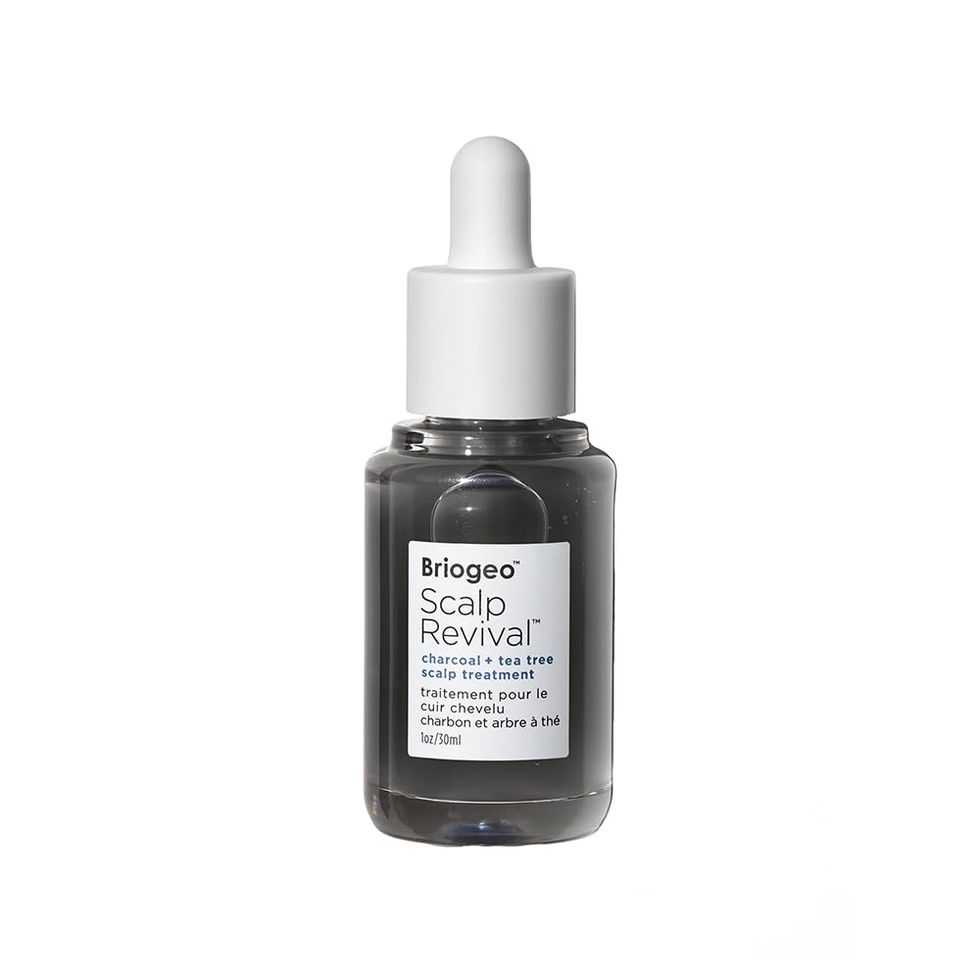 | Briogeo Scalp Revival Charcoal + Tea Tree Scalp Treatment | Price |
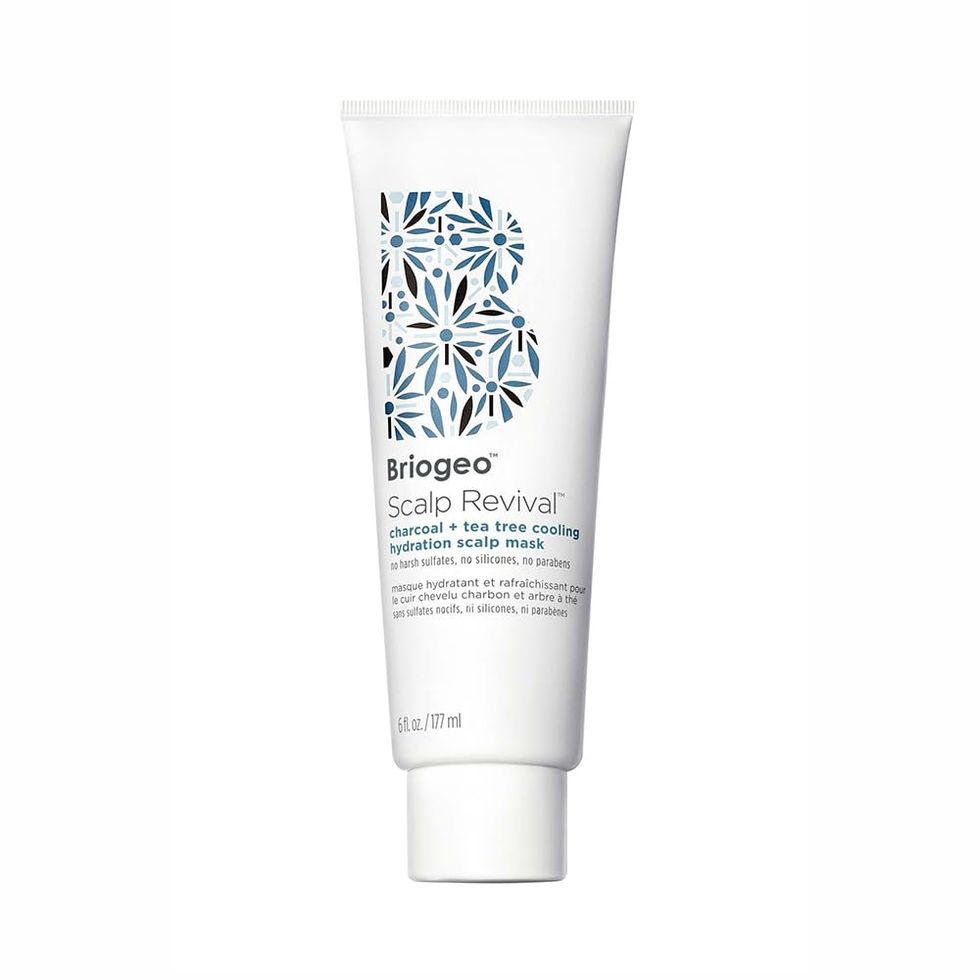 | Briogeo Scalp Revival Charcoal + Tea Tree Cooling Hydration Scalp Mask | Price |
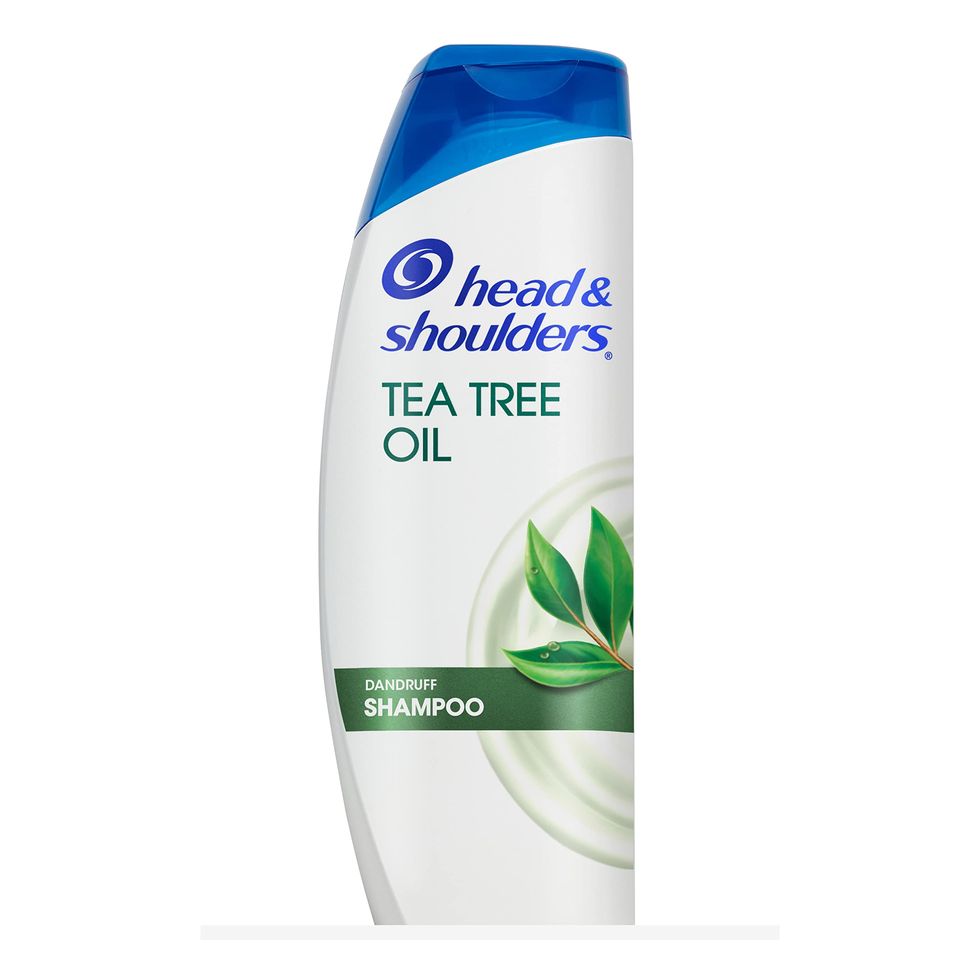 | Head & Shoulders Tea Tree Oil Dandruff Shampoo | Price |
Tea tree oil for hair side effects
To mitigate the risk of allergic reactions or scalp irritation, Dr. Luke advises opting for hair products containing tea tree oil such as shampoos, conditioners, masks, and scalp treatments. This enables individuals with sensitive scalps to benefit from the therapeutic properties of tea tree oil.
- Redness
- Dryness
- Sensitivity
- Allergic contact dermatitis, which usually presents with a skin rash
